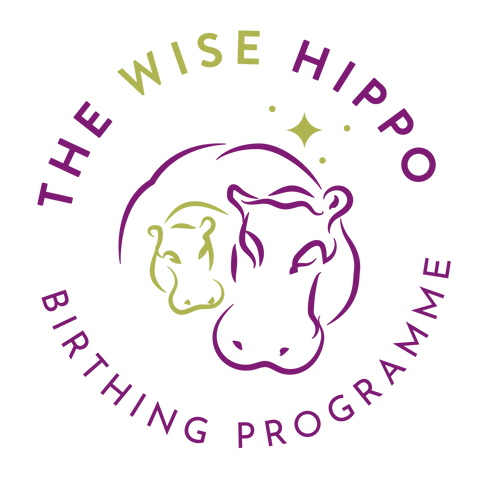Debunking the "Eating for Two" Myth
Contrary to popular belief, being pregnant doesn't mean you need to double your food intake. In fact, during the early weeks, you might find it challenging to maintain your regular diet due to nausea or sickness. Don't worry—your body has sufficient reserves of energy, vitamins, and minerals to support your baby adequately.
Healthy Eating Tips
When you can eat, focus on a healthy diet rich in fresh fruits and vegetables. If you're only able to manage snacks, rest assured your baby will still be fine. Typically, nausea and sickness subside around 12-16 weeks. If it persists or becomes overwhelming, consult your GP for possible treatment options.
Changes in Taste Buds
Your taste preferences can change significantly during pregnancy. You may lose interest in foods and drinks you previously enjoyed, with tea and coffee often being the first to go. It's recommended to reduce your caffeine intake as much as possible, ideally to zero. However, a daily limit of 200 mg is considered safe, equating to one strong cup or two regular cups of coffee. Remember that fizzy drinks like cola and energy drinks contain high caffeine levels, so consume them with caution.
Research indicates that caffeine can constrict the blood vessels feeding the placenta, potentially affecting your baby's growth. While smaller babies might seem easier to birth, they are less robust and have fewer reserves for labor.
Building a Healthy Pregnancy Diet
A balanced pregnancy diet should include:
- Protein: Essential for your baby’s development, found in lean meats like chicken, beans, lentils, nuts, seeds, and eggs.
- Carbohydrates: Provide slow-release energy through foods like potatoes, rice, noodles, pasta, and cereals. This will help sustain your energy levels during rapid baby growth phases.
- Fruits and Vegetables: Snacking on fresh fruit and incorporating vegetables into every meal is always beneficial.
By following these guidelines, you can support your health and your baby’s development throughout your pregnancy.





